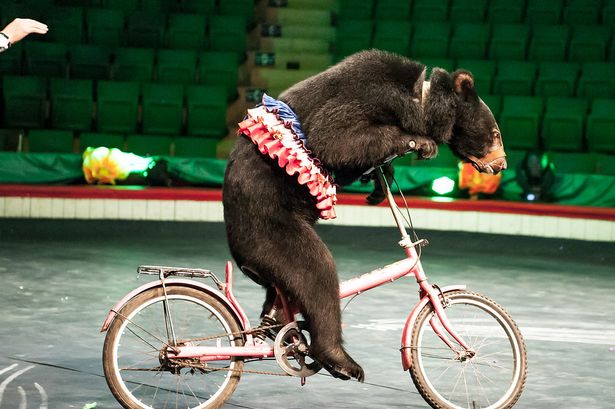Group Animals Asia (GAA) asserts that until the UK government enacts legislation to curtail the promotion and sale of cruel animal tourism, animals in various destinations popular with British tourists will continue to endure suffering, and British travelers will remain unknowingly complicit in this cruelty during their holidays. This perpetuates a cycle where unsuspecting tourists contribute to the mistreatment of animals through activities marketed as harmless encounters. The organization highlights the urgent need for legal intervention to protect vulnerable animals from exploitation and to inform travelers about the ethical implications of their choices.
The suffering inflicted upon animals in the tourism industry spans a broad spectrum. Animals are frequently forced into unnatural behaviors, deprived of necessary social interaction with their own species, confined to inadequate enclosures, and subjected to harsh training regimes involving physical punishment. These exploitative practices, often masked by claims of conservation or education, prioritize profit over animal welfare. Elephants are forced to give rides or perform unnatural tricks, tigers are made to pose for photographs, and dolphins are confined to small tanks for human amusement. This continuous abuse can lead to physical injuries, psychological trauma, and a significantly diminished quality of life for these sentient beings. The current lack of legal restraints allows unscrupulous operators to continue these practices with impunity, perpetuating the cycle of animal suffering.
British tourists often participate in these activities unaware of the underlying cruelty. Attracted by seemingly harmless opportunities to interact with exotic animals, many remain oblivious to the brutal training methods and deprived conditions these animals endure. The industry frequently employs misleading marketing tactics that portray these experiences as ethical and beneficial for conservation efforts, further obfuscating the reality of the animals’ plight. This lack of transparency allows the industry to thrive on the unwitting support of well-intentioned tourists who would likely recoil from participating if they knew the true cost to the animals involved.
GAA emphasizes that current legislation is insufficient to protect animals from exploitation in the tourism sector. While some regulations exist concerning animal welfare in general, they often lack the specificity and enforcement mechanisms needed to address the unique challenges posed by the tourism industry. This regulatory gap leaves animals vulnerable to exploitation and allows businesses to operate with minimal oversight. The organization calls for comprehensive legislation that specifically targets the promotion and sale of cruel animal tourism, outlining clear guidelines and imposing penalties for non-compliance. Such legislation would create a level playing field for ethical tour operators while effectively deterring those engaging in exploitative practices.
GAA’s call for legislation aims to achieve two key outcomes: protecting animals from suffering and empowering British tourists to make informed choices. New legislation would put in place the legal framework necessary to combat the systematic abuse of animals in the tourism industry, setting clear standards and ensuring effective enforcement. It would also mandate transparency within the industry, requiring businesses to provide accurate information about the welfare of the animals involved in their activities. This increased transparency would equip tourists with the knowledge they need to make ethical decisions, allowing them to avoid supporting businesses that contribute to animal suffering.
By implementing robust legislation, the UK government can take a decisive step towards ending the exploitation of animals in the tourism industry. This action would not only protect countless animals from suffering but also enhance the reputation of the British travel industry by demonstrating a commitment to ethical and sustainable tourism practices. The onus is now on the government to respond to GAA’s call and enact the necessary legislation to safeguard animals and empower tourists to make compassionate choices. This would send a powerful message to the global tourism industry that animal welfare is a priority and that exploitation will not be tolerated. The time for action is now, and the responsibility lies with the government to effect meaningful change for the benefit of animals and responsible tourism.














